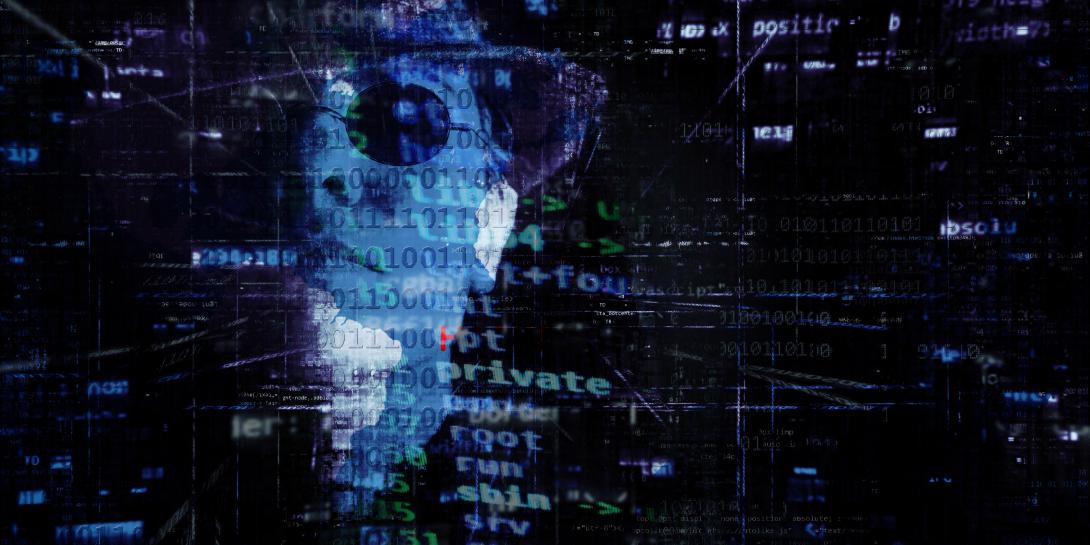More Than Just Your Regular Cyberthreats
As industry and government work to hammer out complex details in the cyberthreat intelligence struggle, each side expects support from the other—but both must improve the foundational understanding of the capabilities each brings to the table. Many of these issues will define the agenda of AFCEA’s Classified Cyber Forum, to be held July 13 at the Heritage Conference Center in Chantilly, Virginia.
Hackers are getting better at their disruptive and nefarious activities and increases in the number and sophistication of attacks pose significant complications. It is difficult to detect—much less prevent or counter—such activity. The inaugural classified cyber forum will focus on how the changing cyber landscape affects intelligence, homeland security and cybersecurity from a technology and policy perspective.
While the one-day conference will include insightful discussion about “the big threat actors,” that topic alone will not be what defines it, states Jim Richberg, national intelligence manager for cyber at the Office of the Director of National Intelligence (ODNI).
“What we’re trying to do with this is to say, ‘This is not just another cybersecurity conference with a smear of classified over the top of it,” Richberg states. Instead, it offers the opportunity to talk about the discipline of cyber intelligence—who is doing what, the challenges and what is working. “It’s not going to be a whole daylong scary thing about the big threat actors,” he warrants.
While cybersecurity is almost a $200 billion enterprise globally, cyberthreat intelligence is only a small subset of that. Yet, a lot of effort and money are going into it, Richberg adds.
Rob Joyce, special assistance to the president for cyber at the White House, has been confirmed as the keynote speaker. Other speakers include a who’s who list of cyber experts.
“With four months on the job, Mr. Joyce’s fresh insights and cyber mandate are relevant across the spectrum of offensive and defensive cyber activities,” says Ray Cross, vice president for intelligence at AFCEA International. “Mr. Joyce is complemented by some of the nation’s leading cyber decision makers and policy authorities to provide a content-rich dialog about the cyber ‘state of the union’ along with the challenges and opportunities in the current threat environment.”
Forum planners hope for an audience comprising largely private sector representatives. Richberg expects a lot of questions from industry representatives focusing on what is going well and how government can address its needs. There also will be at least one segment in which industry will describe its efforts. The private sector will report on how it is advancing cyber threat intelligence along with what it needs from government to aid such efforts. Above all, industry will want government to express where it sees the field progressing along with top priorities for the near and medium term, he declares.
“Even if you’re coming from a part of the private sector that does cyberthreat intelligence as a market offering, you’re going to find novel content on something,” Richberg offers. This might include policy, the way other parts of government deal with methodologies and the legal context, for example. “There should be something new to pretty much anybody.”
Different parts of government will review both the executive order on cybersecurity and how they envision the roles and responsibilities of government and the private sector. Richberg notes that discussion might focus on a unified coordination group that blends private sector and government responses with ongoing high-priority cyber activities. One issue that also will be bandied about is the need to perform foundational work from the same perspective—but not the same methodology.
“This conference provides a classified forum to discuss cyber issues with leaders from government and industry,” says John Gilligan, chairman and interim CEO for the Center for Internet Security and co-chairman of AFCEA’s Cyber Committee. “All of the key players from the White House, [Department of Homeland Security], the intelligence community and law enforcement will be discussing their activities at the secret level.”
Richberg remarks that his office in the ODNI largely focuses on intelligence integration. One pending goal is “to create the interoperability of perspective,” he says. With the U.S. intelligence community partnering with many international organizations, it faces language barriers in the terms each country’s officials use to describe cyber threat and actions. The office has been working on fixing a similar challenge within U.S. agencies, and now it must “supersize it” on an international scale.
There may be a fee to attend, but the information you will receive is priceless.





Comments